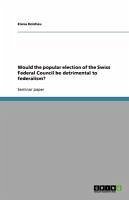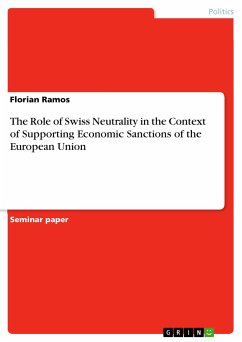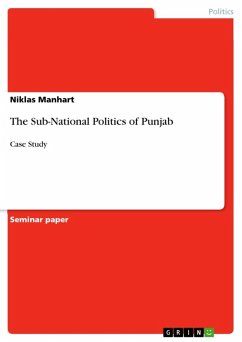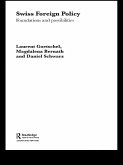On February 2nd, 2010, the Swiss Peoples Party (SVP) launched a popular initiative for the election of the Swiss federal council by popular vote. It is the third attempt of this kind, the efforts of 1900 and 1942 having failed respectively. There are several reasons why this might be the right time to try once again. Foreign policy debacles like the recent Libya-crisis or the hasty de facto immolation of the Swiss banking secrecy amid growing pressure from the US and the EU have, on the one hand, led to harsh criticism addressed to Hans-Rudolf Merz, head of the federal department of finance and to the assessment of a leadership problem of the Swiss Federal Council as a whole on the other. While the effort of the SVP might as well be responding to such criticism, it will have the comfortable side effect of setting the agenda for the national council elections in 2011, framing the SVP in its usual oppositional role. In the meantime, the federal council puts forward its own proposal of government reform, shifting the focus to organization and away from procedure. The issue of reform, not being a new one, enables the Federal Council to draw from the results of the "Vernehmlassungsverfahren zur Staatsleitungsreform" which had been initiated in November of 1998 and concluded in March 1999. This paper aims to discuss the SVP proposal in light of past attempts, conflicting democratic and federalist interests as well as rival proposals. Mainly, it tries to answer the question of whether the election of the federal council by popular vote might upset the federalist aspect of the current power sharing arrangement.
Dieser Download kann aus rechtlichen Gründen nur mit Rechnungsadresse in A, B, BG, CY, CZ, D, DK, EW, E, FIN, F, GR, HR, H, IRL, I, LT, L, LR, M, NL, PL, P, R, S, SLO, SK ausgeliefert werden.









